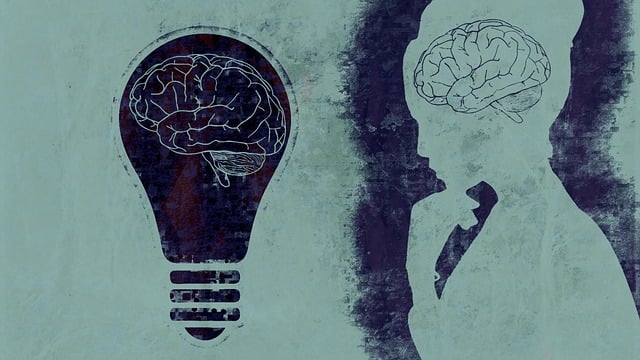Mental wellness encompasses emotional, psychological, and social well-being, and journaling is a powerful tool to enhance it. Through self-reflection, documentation of thoughts and experiences, and therapeutic techniques like conflict resolution, journaling supports Arvada Spiritual-Religious Issues Therapy. This approach helps individuals navigate spiritual beliefs, overcome emotional challenges, and develop coping strategies aligned with their faith, ultimately improving mental wellness and quality of life while reducing stigma around mental illness. Structured journal entries focusing on gratitude, challenges, and goals facilitate self-awareness, life navigation, and understanding, contributing to better mental health outcomes.
“Unwind your mind and embrace the transformative power of self-reflection with mental wellness journaling. This practice, tailored to the unique needs of individuals in Arvada, offers a private sanctuary for processing emotions, cultivating gratitude, and fostering resilience. By delving into this sacred space, you can navigate life’s challenges with renewed clarity and spiritual growth.
In this comprehensive guide, we’ll explore effective techniques, from setting up your personalized Arvada Spiritual-Religious Issues Therapy journal to leveraging its pages as a tool for enhancing mental wellness.”
- Understanding Mental Wellness and its Benefits with Journaling
- Setting Up Your Spiritual-Religious Issues Therapy Journal
- Effective Techniques for Journaling to Enhance Mental Wellness
Understanding Mental Wellness and its Benefits with Journaling

Mental wellness is a holistic concept encompassing various aspects of our emotional, psychological, and social well-being. It’s about recognizing and managing our thoughts, feelings, and behaviors in ways that foster resilience, enhance self-awareness, and support overall health. Understanding these dynamics is crucial for navigating life’s challenges and seeking guidance, especially through avenues like Arvada spiritual-religious issues therapy.
Journaling emerges as a powerful tool within this context, offering individuals a private space to explore their mental landscapes. By documenting thoughts, emotions, and experiences, journaling promotes self-reflection and introspection. It encourages the development of healthier communication strategies and can even be integrated into therapeutic practices, including conflict resolution techniques. The act of putting pen to paper—or fingers to keyboard—can help individuals gain clarity, process difficult feelings, and uncover insights that support their mental wellness journey, ultimately enhancing their overall quality of life.
Setting Up Your Spiritual-Religious Issues Therapy Journal

Starting an Arvada Spiritual-Religious Issues Therapy journal can be a powerful tool for personal growth and healing. It provides a dedicated space to explore your spiritual beliefs, process emotional challenges, and develop effective coping skills. This practice allows individuals to connect their faith with their mental well-being, fostering a sense of inner peace and resilience.
When setting up this journal, encourage reflection on your unique spiritual journey. Write about your religious beliefs, practices that bring you comfort, and how these aspects influence your overall mindset. By integrating your spirituality into therapy, you can enhance self-esteem improvement and even contribute to mental illness stigma reduction efforts by normalizing the role of faith in mental wellness.
Effective Techniques for Journaling to Enhance Mental Wellness

Journaling has emerged as a powerful tool for enhancing mental wellness, offering individuals a safe space to reflect, process emotions, and cultivate self-awareness. Effective techniques include writing freely about one’s feelings and experiences, setting specific themes or prompts to guide the process, and practicing mindfulness by focusing on the present moment during writing. Incorporating Arvada spiritual-religious issues into journaling can provide unique insights, offering a sense of purpose and connection. This practice not only fosters mental health awareness but also aids in developing coping skills.
Additionally, structuring journal entries with specific sections for gratitude, challenges, and goals helps individuals track their progress and identify patterns. By regularly engaging in this practice, one can learn to navigate life’s twists and turns more effectively. The process also facilitates the exploration of underlying beliefs, thoughts, and behaviors, which is particularly beneficial when seeking conflict resolution techniques. Journaling allows for a deeper understanding of oneself and others, ultimately contributing to improved mental wellness.
Mental wellness journaling is a powerful tool for self-discovery and healing, offering a dedicated space to process thoughts and emotions. By integrating practices from spiritual-religious issues therapy, such as those offered by Arvada Spiritual-Religious Issues Therapy, individuals can deepen their understanding of themselves and cultivate resilience. Through consistent reflection and exploration, journaling becomes an act of self-care, empowering individuals to navigate life’s challenges with greater clarity and emotional well-being.














